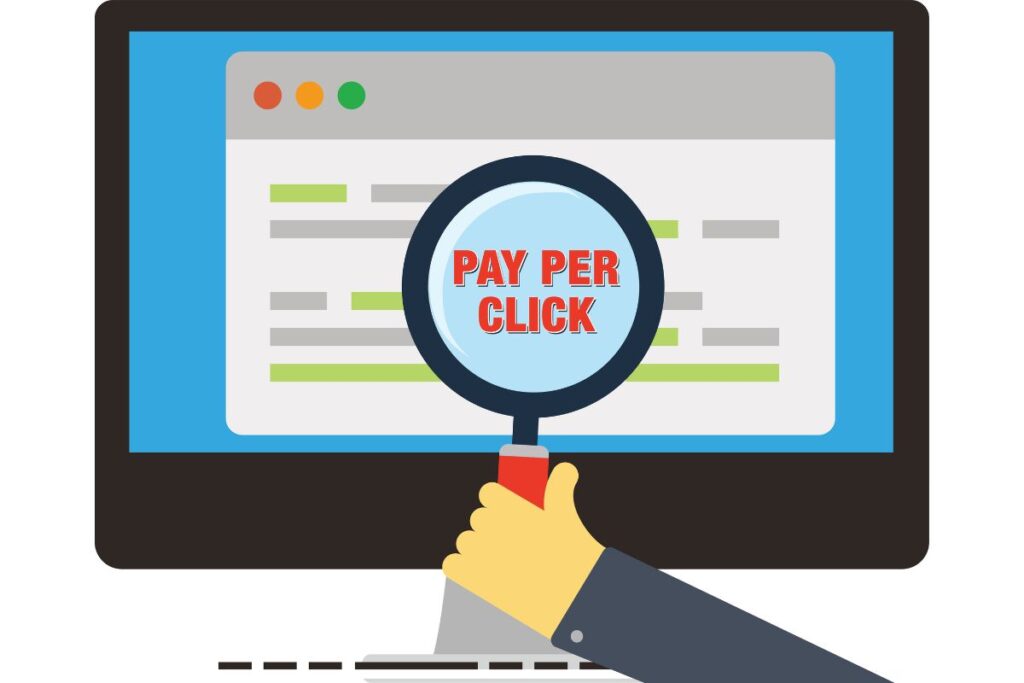At its core, Pay Per Click (PPC) is very simple. It’s a digital marketing technique in which advertisers pay a fee each and every time their ad is clicked. In effect, by using well developed PPC advertising strategies, companies are buying visits to their sites rather than relying on word of mouth or more organic searches by ensuring they show up at the top of the first page for a specific keyword. According to multiple unofficial studies, only between 8% and 10% of search engine users go past the first page. That means that showing up on the first page of results ensures visibility to 90% of users. This is why PPC is so popular; it gets your company’s information to the first page where the potential customers are.
In search engines like Google or Bing, PPC works by letting advertisers bid for the sponsored ad placement associated with searches related to their business. Each time a sponsored ad is clicked, you pay the agreed upon fee. If you’ve agreed to $1 per click and you get 50 clicks a month, you’ll be charged a total of $50. It’s important to remember that in search engines, the sponsored ads are sold in an auction where you bid the maximum you’re willing to pay per click and the highest bids for those keywords win. This means that buying the sponsored ad space has the potential to get pretty pricey fairly quickly if you don’t have a solid PPC marketing strategy in place—and this strategy starts and ends with your keywords.
The Importance of Keywords
Keywords are, well, key. PPC campaigns are focused on keywords specific to your products and services. But, like everything else in life, the most successful advertisers are those who don’t sit idle once the initial list has been made. They consistently tweak and grow their list of PPC keywords in order to stay at the top of the page and continue to bring in new users/searchers. When choosing your keywords, you’ll need to consider the most important/common keywords in your market as well as the long-tail keywords (longer, more specific phrases such as “air duct cleaning”). This can be extremely cost-effective for smaller businesses with small budgets. PPC keywords allow you to add geography and other keywords specific to your location—ensuring you’re able to target the customer the most likely to ultimately make a purchase.
If this sounds like a marketing strategy that fits your business model but you don’t know where to start, call us. Growth Squad will work with you to generate (and modify as needed) your business-specific list of keywords, determine an appropriate budget and PPC marketing strategy, and track your site’s progress in the search listing.




